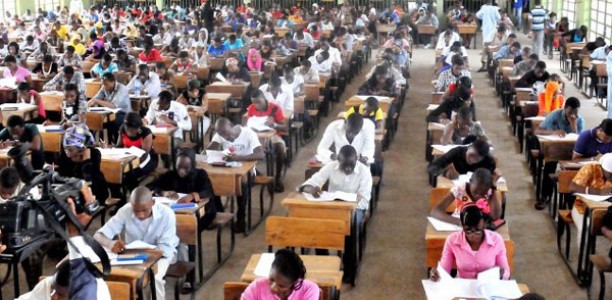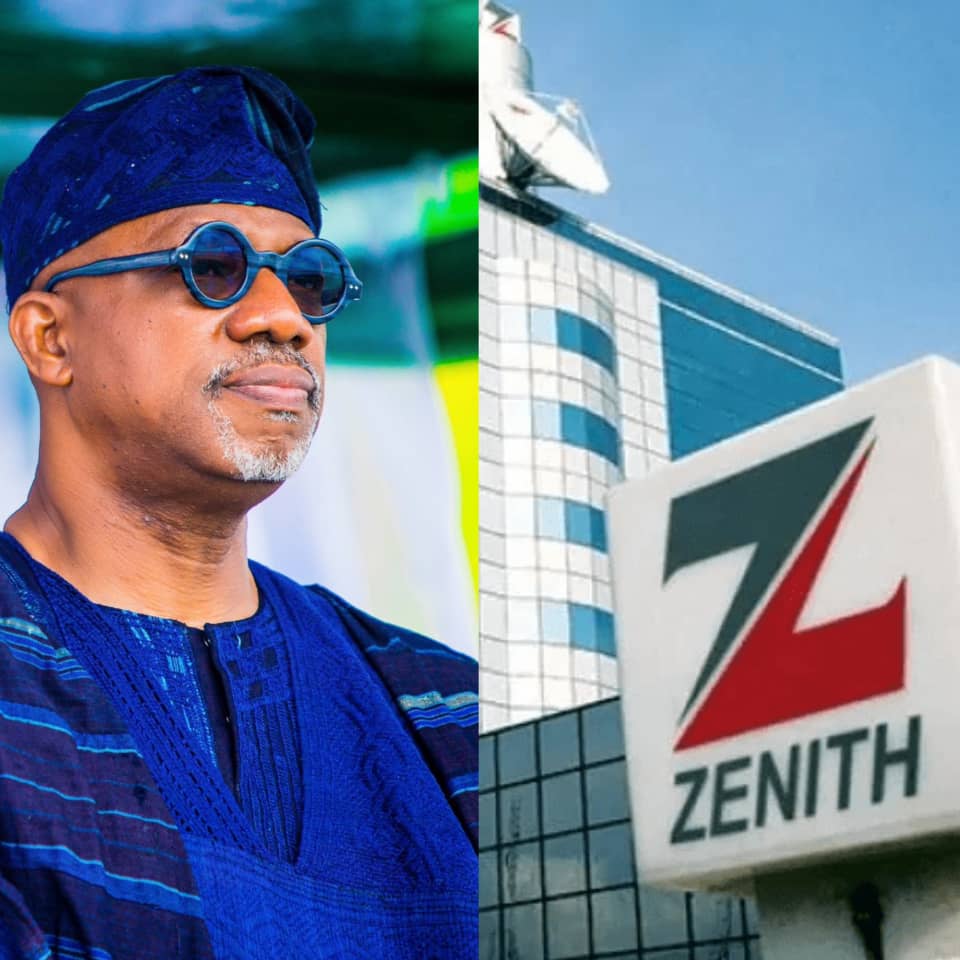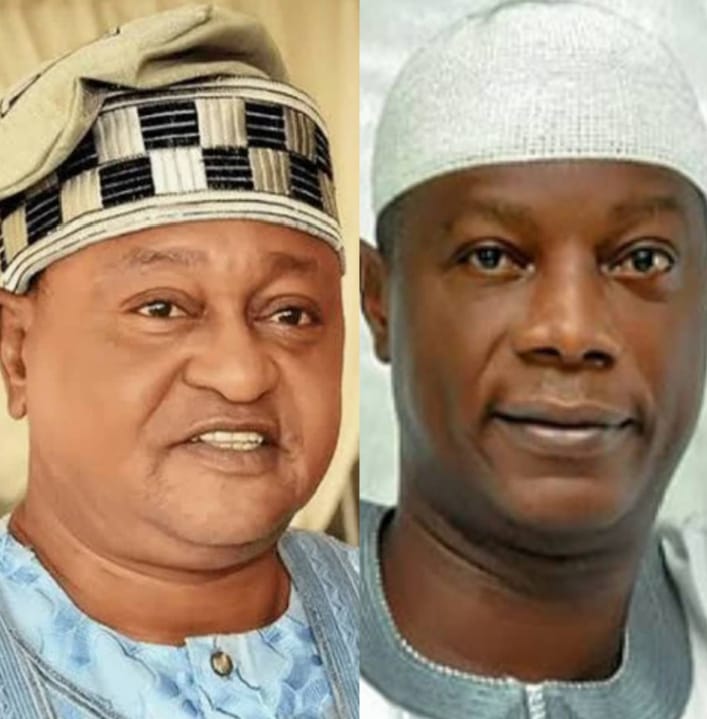FG Overhauls Admission Rules, Targets One Million Annual Tertiary Intakes

…As Mathematics requirement relaxed for Arts students
In a bold move aimed at widening access to Higher Education, the Federal Government on Tuesday 14th October, 2025 announced a comprehensive overhaul of admission entry requirements into Nigerian tertiary institutions.
A reform projected to boost annual tertiary intakes from 700,000 to one million students.
The new policy, contained in the Revised National Guidelines for Entry Requirements into Nigerian Tertiary Institutions, marks a major shift in Nigeria’s education framework,
particularly with the decision to make Mathematics non-compulsory for students in Arts and Humanities disciplines seeking admission into Universities and Polytechnics.
According to the Federal Ministry of Education, the reform seeks to dismantle “outdated and restrictive barriers” that have prevented many qualified candidates from securing admission despite meeting core academic standards.
“The revised guidelines are designed to remove barriers while maintaining academic excellence,” said Folasade Boriowo, spokesperson for the Ministry, in a statement issued on Tuesday.
Under the new rules, Mathematics will only remain mandatory for students applying for courses in Science, Technology, and Social Sciences, while English Language remains compulsory across all disciplines.
Breakdown of the New Framework
Universities: Minimum of five credit passes in relevant subjects, including English Language, obtained in not more than two sittings. Mathematics is only mandatory for Science, Technology, and Social Science courses.
Polytechnics (ND Level): Minimum of four credits in relevant subjects, with English Language mandatory for non-science courses, and Mathematics required for science-related programmes.
Polytechnics (HND Level): Minimum of five credit passes, including English Language and Mathematics.
Colleges of Education (NCE Level): Minimum of four credit passes in relevant subjects, with English compulsory for Arts and Social Science students, and Mathematics for Science and Technical programmes.
Speaking at the unveiling of the policy, Minister of Education, Dr. Maruf Tunji Alausa, said the reforms align with President Bola Tinubu’s Renewed Hope Agenda, emphasizing inclusivity, opportunity, and innovation in the education sector.
“Every year, over two million candidates sit for UTME, but only about 700,000 gain admission. This imbalance is not due to lack of merit, but the rigidity of outdated requirements. We are changing that to ensure every Nigerian youth has a fair chance to learn and succeed,” Alausa stated.
Education analyst Ayodamola Oluwatoyin described the move as a “timely and progressive reform,” saying it would “open new doors for thousands of talented Arts students who have been unfairly sidelined by Mathematics restrictions.”
With the implementation of the new entry framework, experts believe Nigeria could experience a surge in tertiary enrolment, bridging the long-standing gap between access and opportunity, and reaffirming the government’s pledge to democratize education for all.



